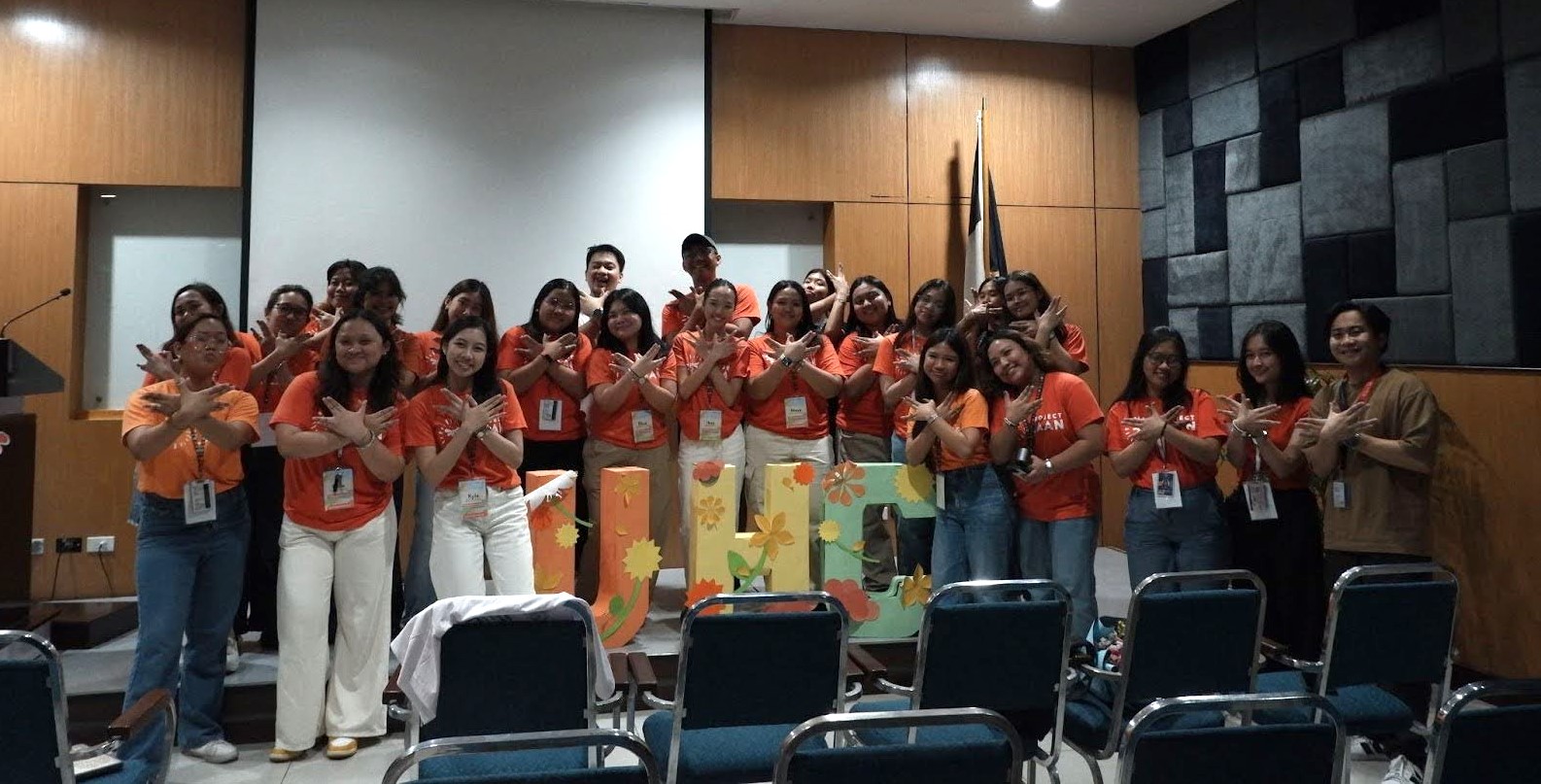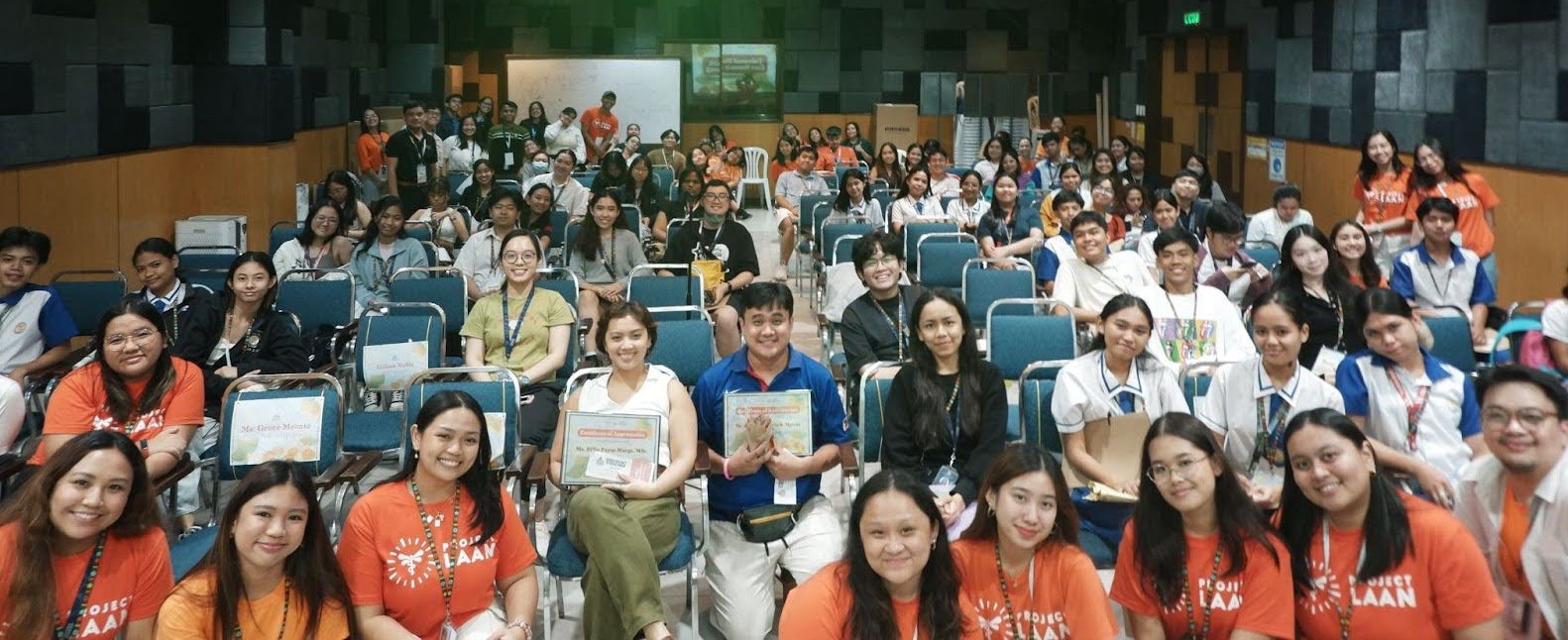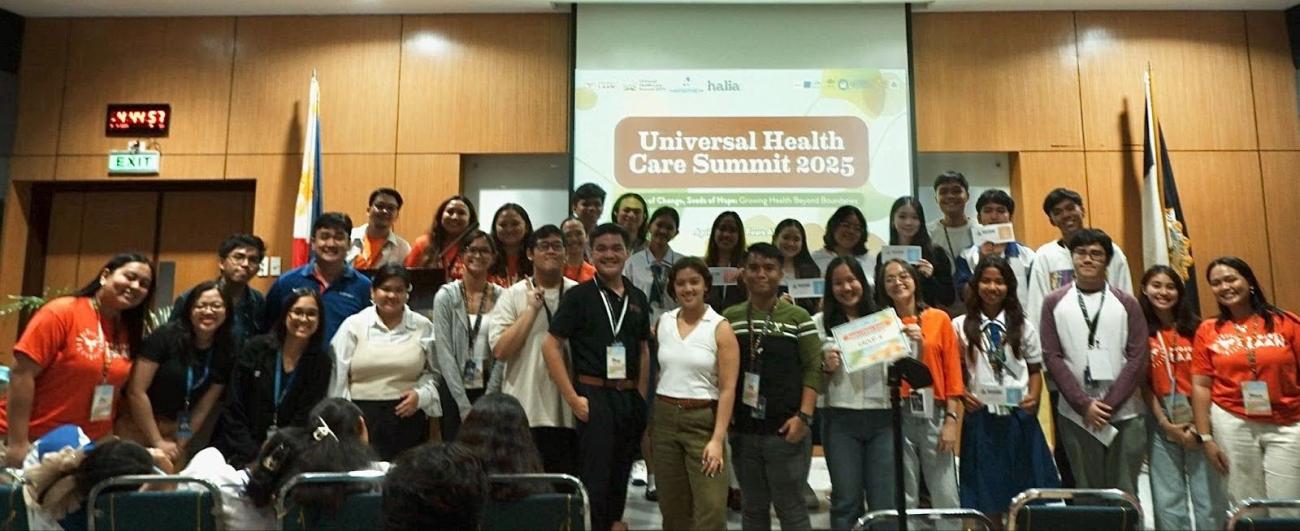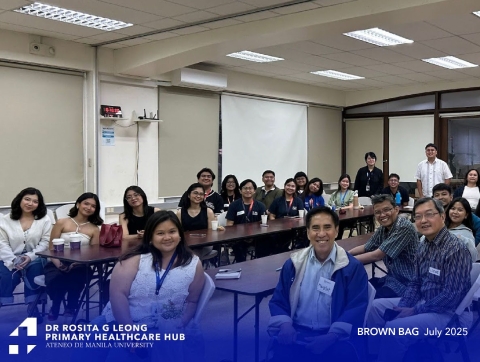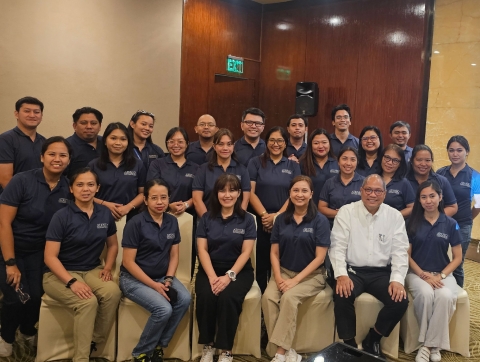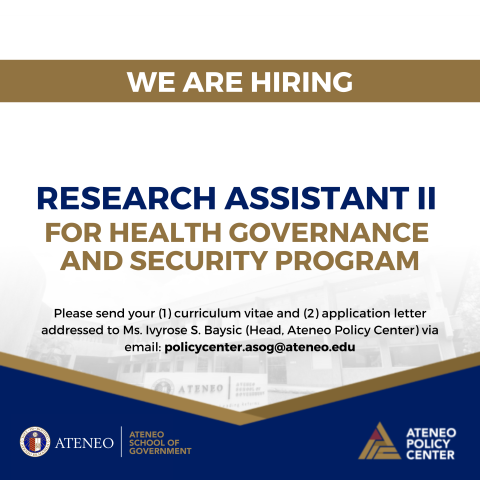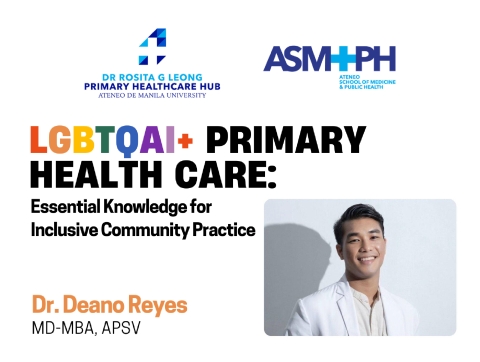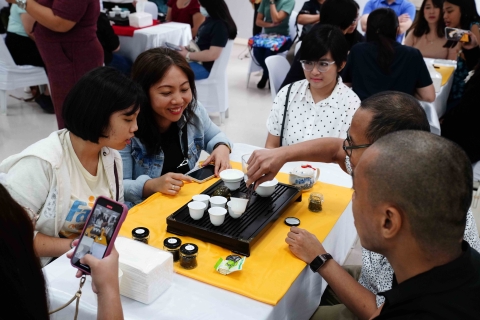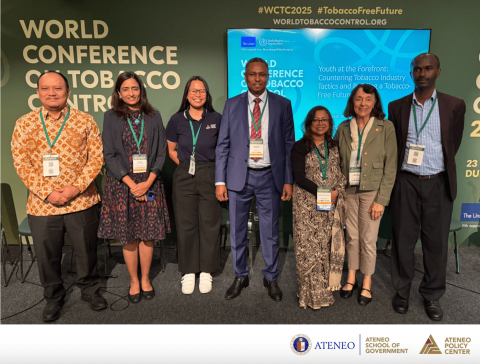RGL Hub x Project LAAN: Universal Health Care Summit
23 Apr 2025 | Dr Rafael Garcia MD, MBA, MPH, Gillian Noble, Sean La Torre, Patricia Ocampo
In a collaborative effort on 5 April 2025, the RGL Hub and Project LAAN hosted Project LAAN's annual Universal Health Care Summit. The event attracted over 100 participants, from senior high school to college, all keen to expand their knowledge of public health. The summit featured presentations by Dr John Wong, Chair and President of EpiMetrics Inc., Epidemiologist and Professor at Ateneo De Manila University, Maria Elizabeth Angeline “Billie” Puyat-Murga, MSc, Social and Behavioral Change Expert and Ateneo BS Health Sciences Alumna, Dr Juan Alfonso “Jappy” Perez, Chief of Health Policy Development and Planning Bureau at the Department of Health and former Doctor to the Barrio (DTTB), and Dr Alberto Teodoro “TJ” Malvar representing the RGL Hub.
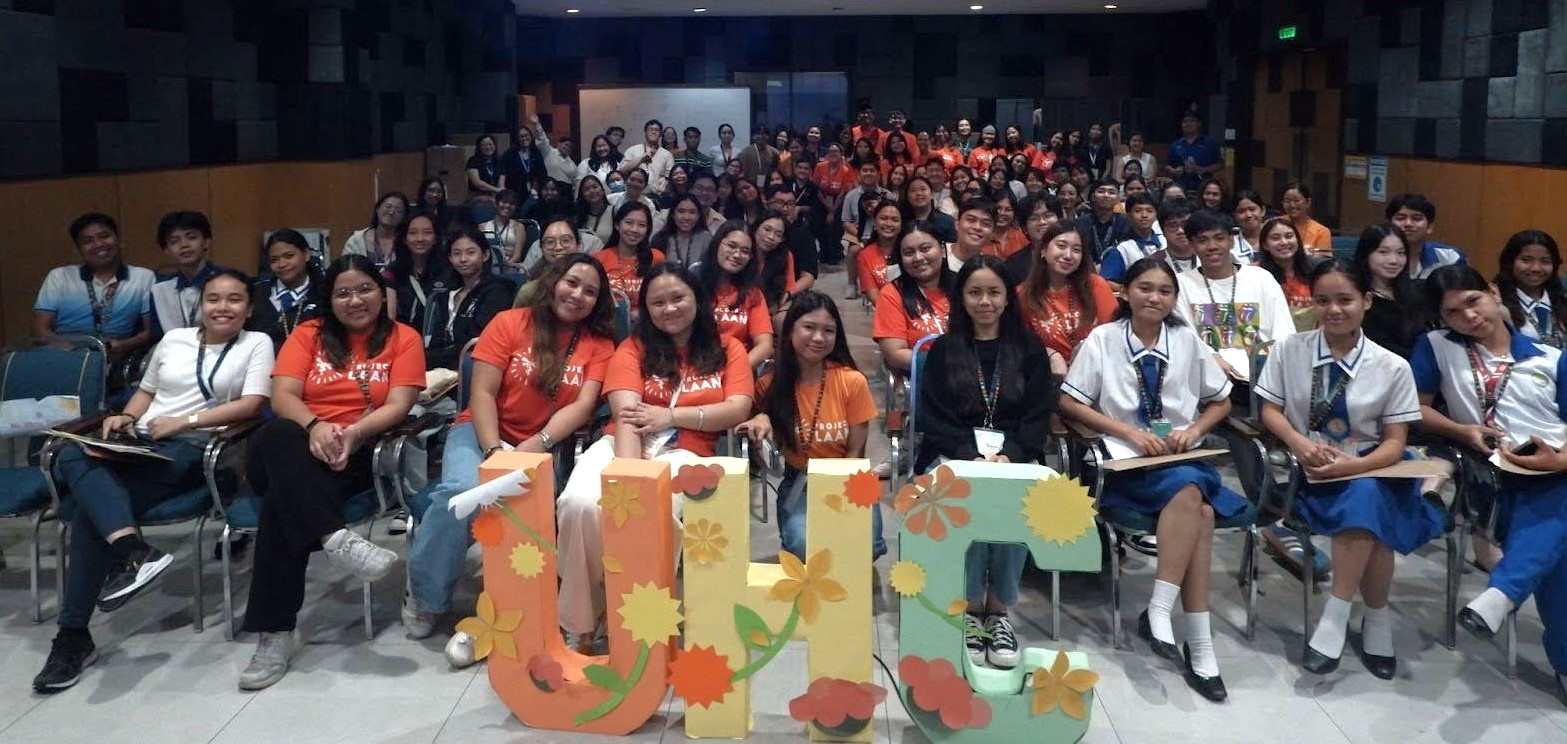
Project LAAN, a youth-led organization founded in 2011 by Dr John Wong, empowers disadvantaged Filipinos through health education and advocates for universal healthcare in the Philippines. Project LAAN is a Philippine public health initiative focused on improving health and equity through research and policy, stemming from a professor's challenge to his students to actively address health issues.
Dr John Wong, in his Crash Course in Public Health talk, shared that Public Health is a field wherein organized societal efforts to protect population health, improve community well-being, and ultimately achieve health equity, are done with the help of three lenses: epidemiology, economics, and ethics. Also, Dr Wong provided information on the building blocks of health, health system models, levels of disease prevention, and social determinants of health, further highlighting that “what you need to help people is to be involved.” He encouraged the participants to conduct small preventative actions that will eventually add up, to note the health factors in their environments, and to look for community leaders who are trying to address the root causes of health issues. Dr Wong concluded by emphasizing that the youth’s “awareness and voice matter for a healthier community.”
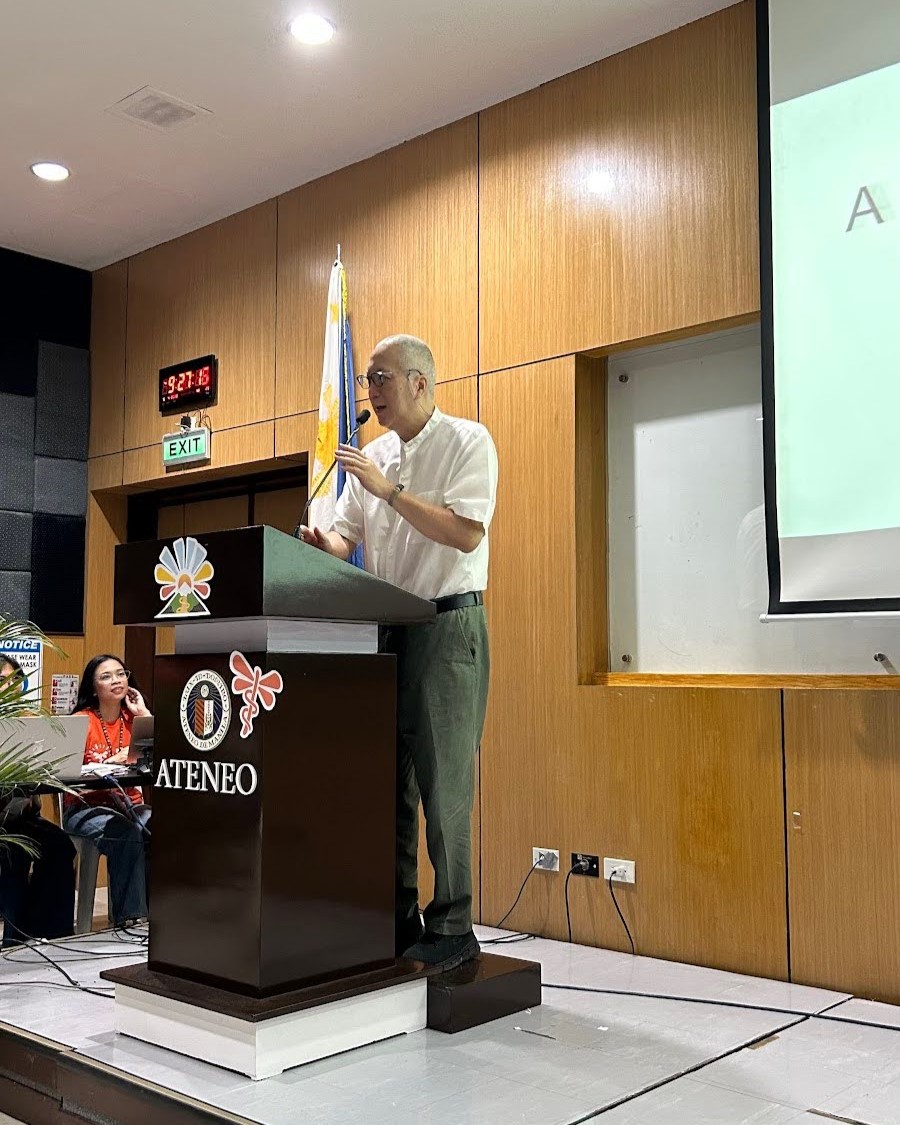
Dr Jappy Perez provided a comprehensive Overview of the Universal Health Care Law – RA 11223 using three lenses: as a member of the Department of Health, as a former Doctor to the Barrio, and as a patient. He provided a background on the current state of health in the country by presenting statistics on health sector performance and out of pocket expenditure before proceeding to explain how the UHC Act is an “integrated and comprehensive approach to ensuring health literacy, healthy living, and protection from hazards and risks” that requires a whole of system, whole of government, and whole of society approach. Dr Perez laid down the goals and objectives of the UHC Act in promoting Filipino health and emphasized that primary health care is the foundation of health.
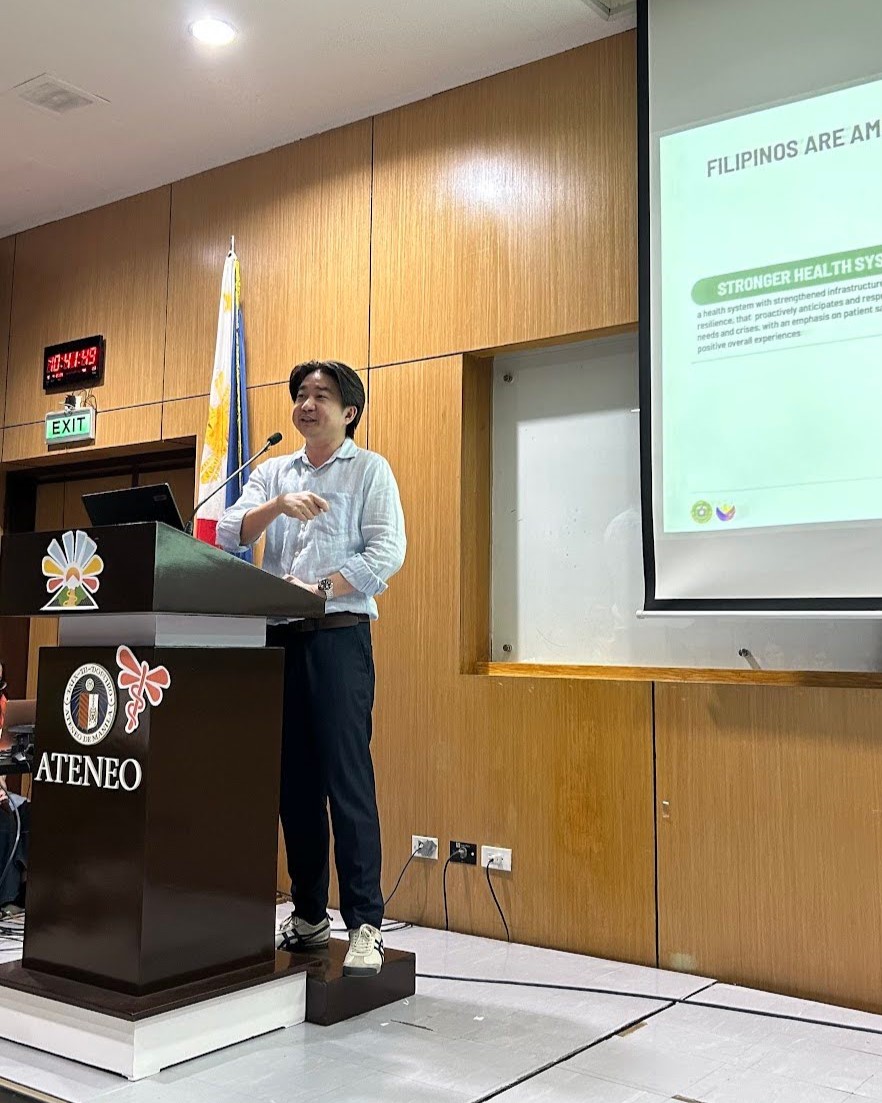
Dr Heidi Sampang introduced the Remote Area Medical (RAM) Volunteer Corps, an exemplary organization for reaching the people, by framing it as a powerful illustration of the importance of grounded, community health experiences in achieving true universal health care. She emphasized that health is not merely about access to doctors or facilities, but about understanding the unique challenges, contexts, and needs of each community—especially those in remote and underserved areas. Through stories of trust-building, local engagement, and sustained support, Dr Sampang reminds us that health is a shared human experience, and that transforming even one life is already a vital success.
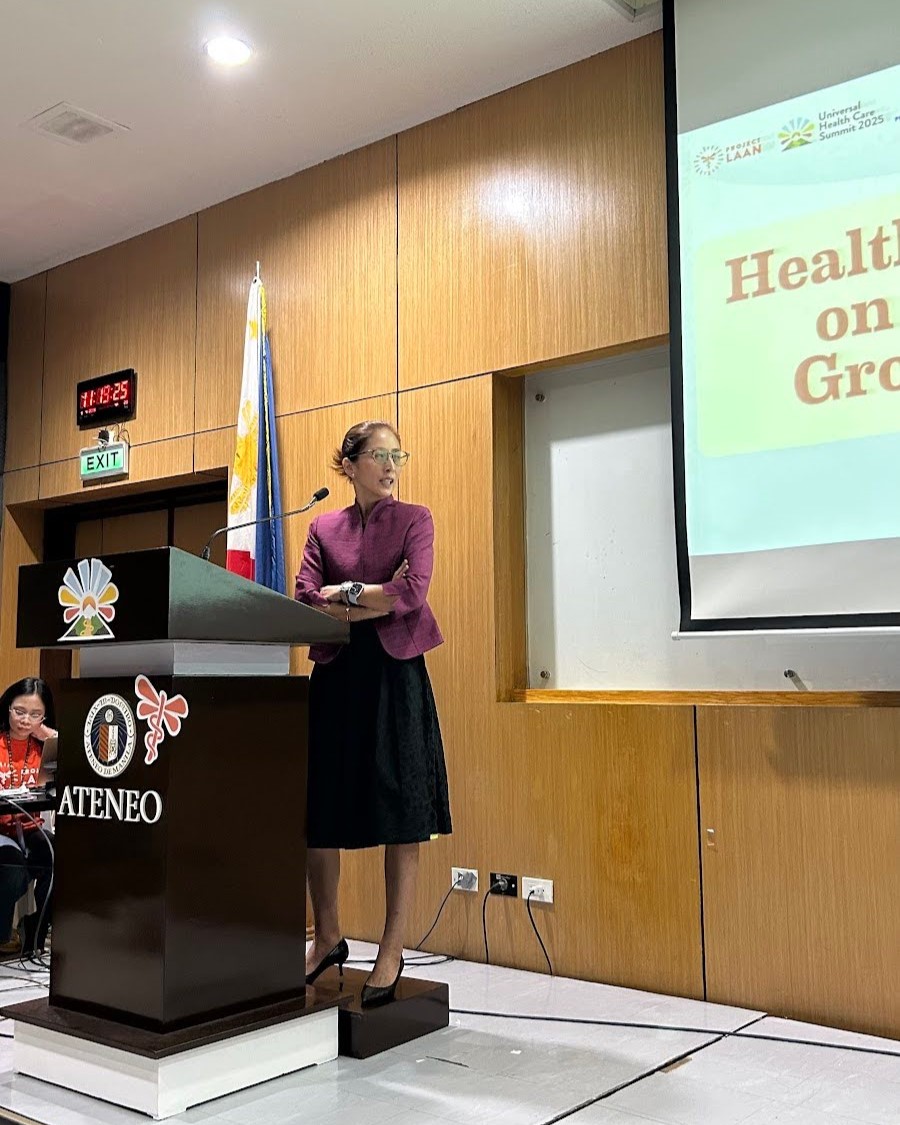
Ms Billie Puyat-Murga shared from her talk the value of human-centered design (HCD) in creating sustainable and empowering interventions. Through HCD, the focus shifts towards working with the community rather than for them; absorbing their traditions, culture, and unique circumstances, to truly get to know, enable, and empower. HCD also challenges us to look beyond knowledge and awareness; and instead look towards being enablers of action in the community's journey for health.
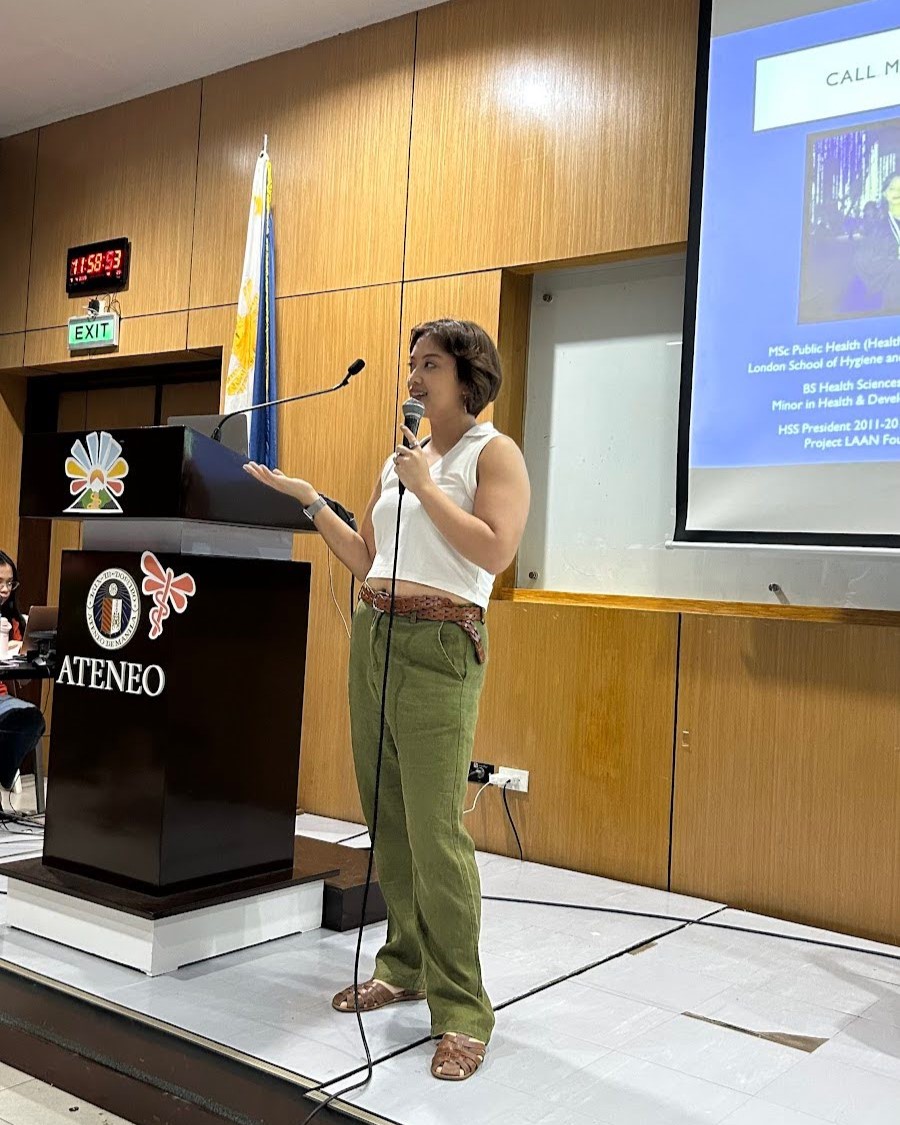
Dr TJ Malvar delivered the last set of talks on Design Thinking for Public Health as an introduction to the second part of the day’s workshops. He narrated his own experiences in designing different health projects and also shared the possible pitfalls of failing to prototype a given project. At the end of his presentation, he reminded the students that “Prototyping is a means, not an end. Continue to adapt the solution as it scales up.”
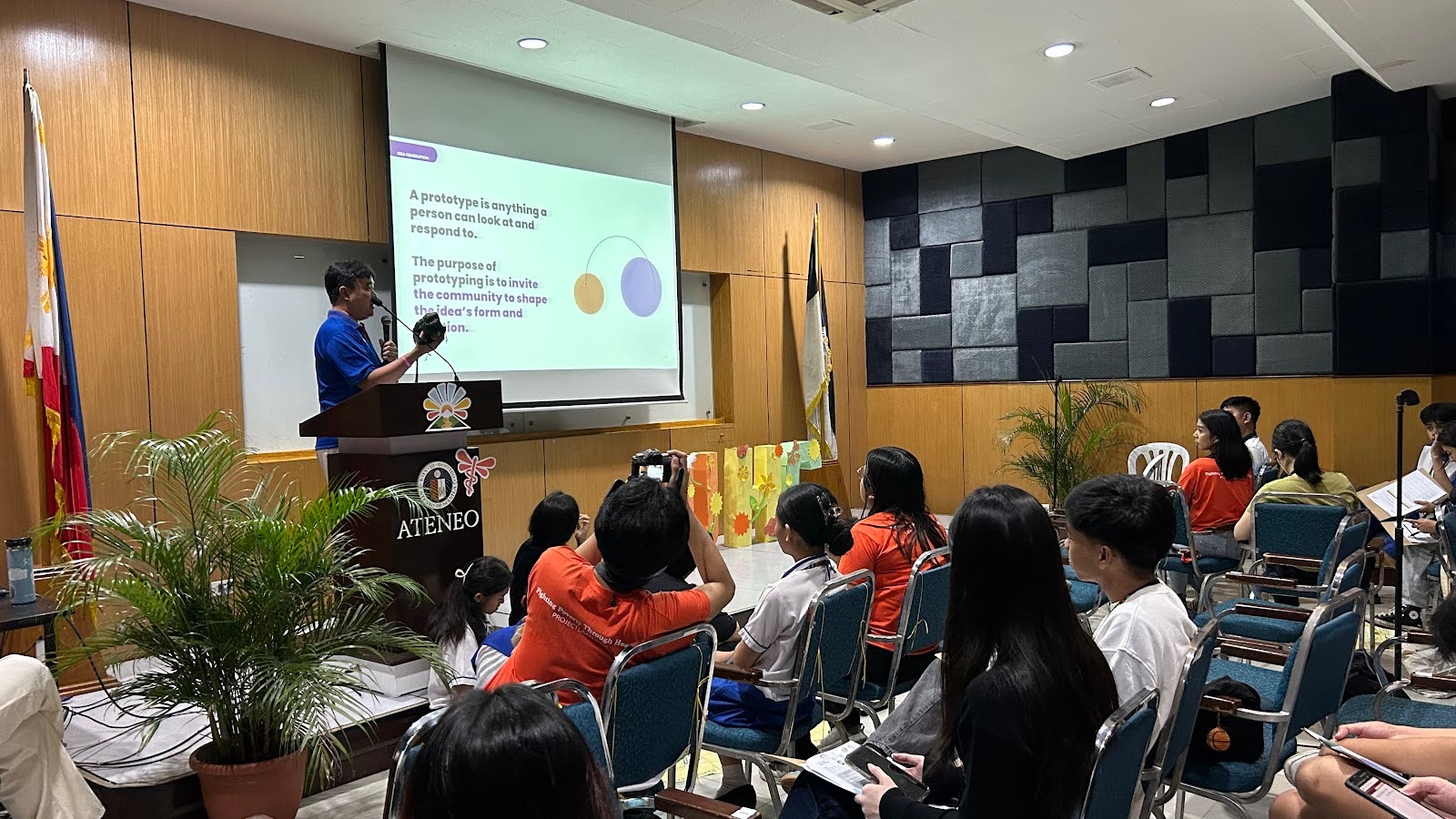
The event concluded with a powerful call to action: that achieving health for all begins with inclusive dialogue, community engagement, and a shared commitment to equity. From foundational insights on public health systems and the advent of the UHC Law to the stories of grassroots experiences of service and engagement, the summit underscored the value of collaboration across sectors and generations. As participants left with new insights on universal healthcare and renewed awareness and inspiration in serving the people, the message was clear– building a healthier Philippines is not only possible, but is already underway, one informed and empowered youth at a time.
